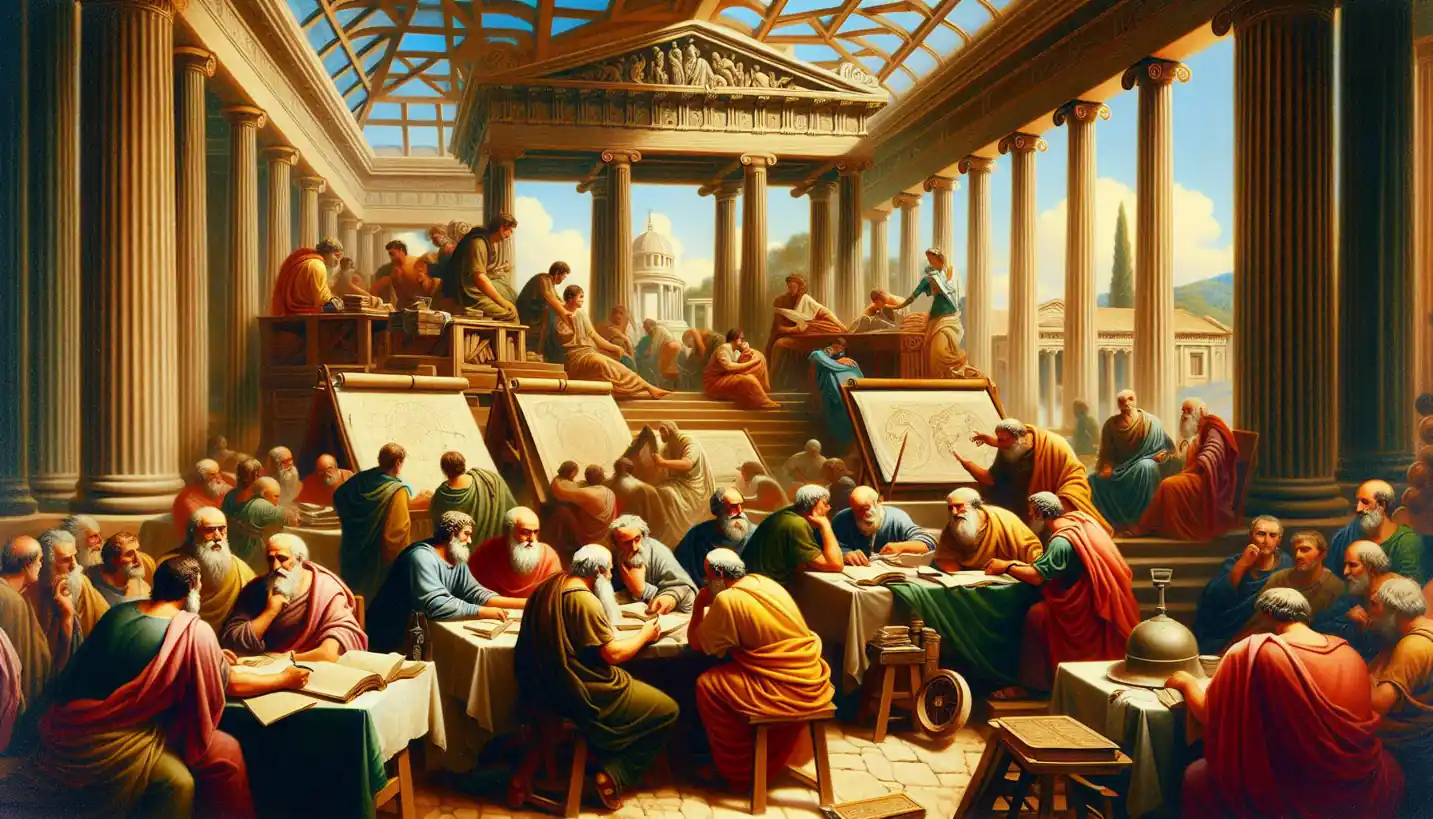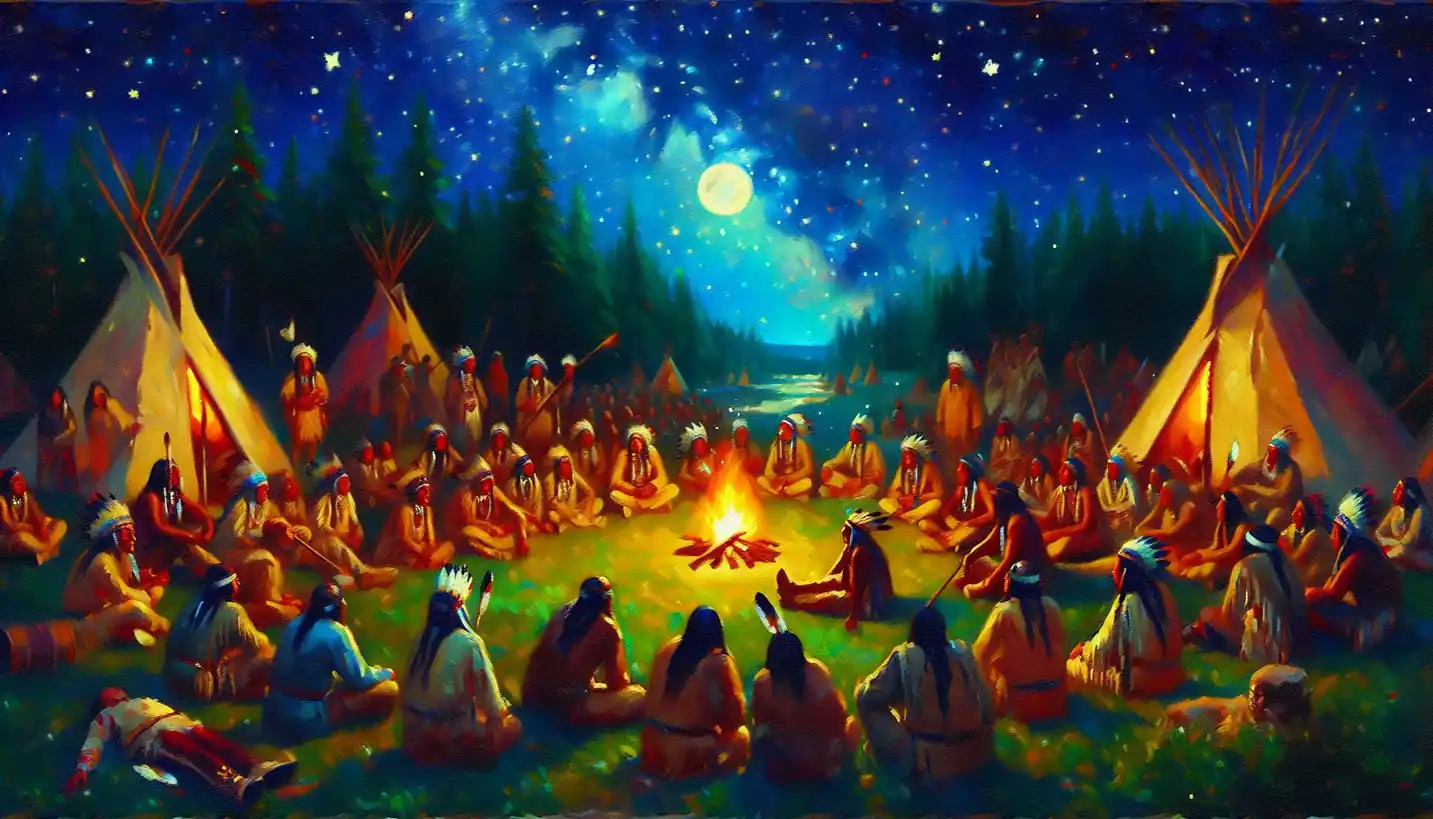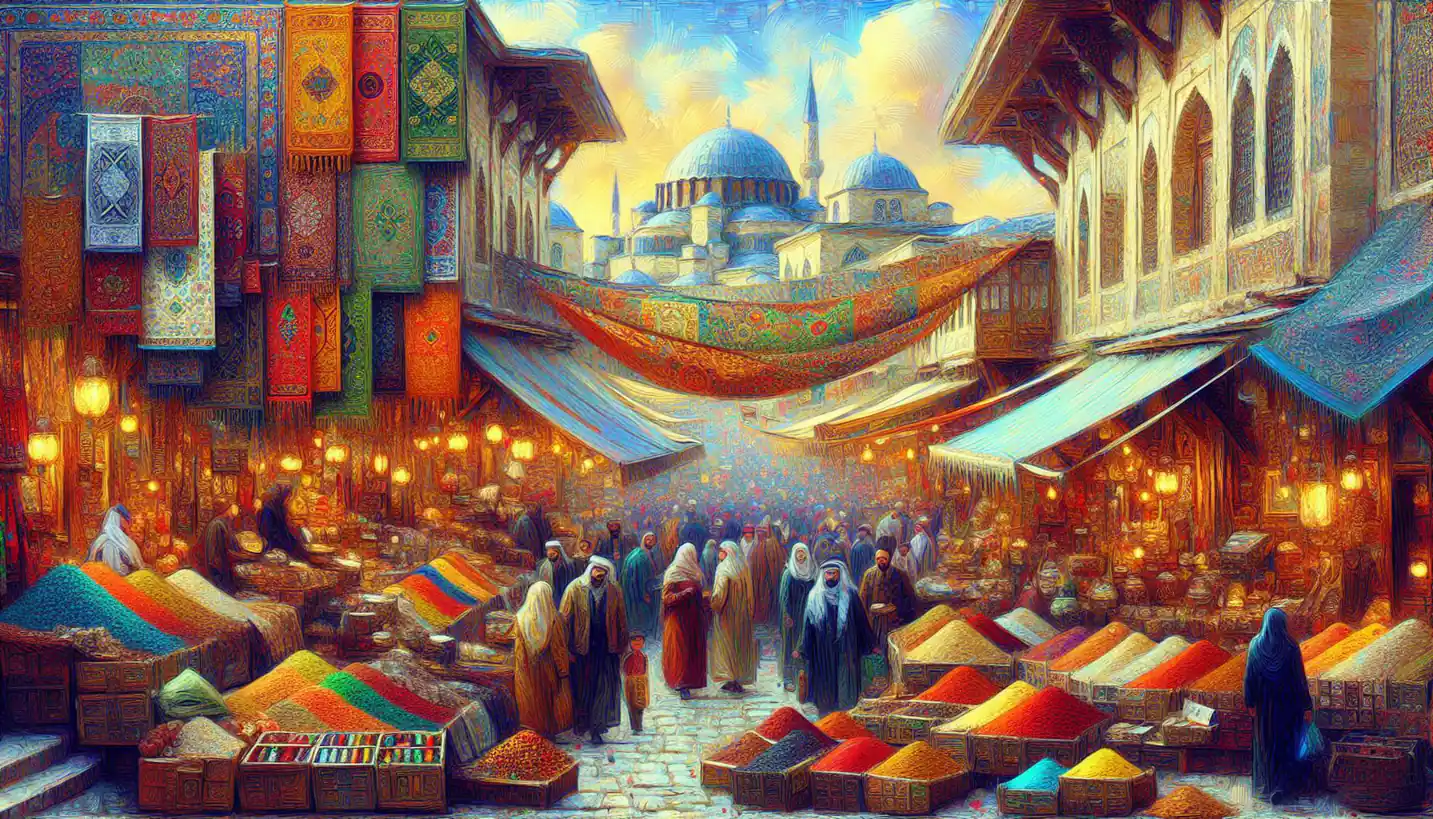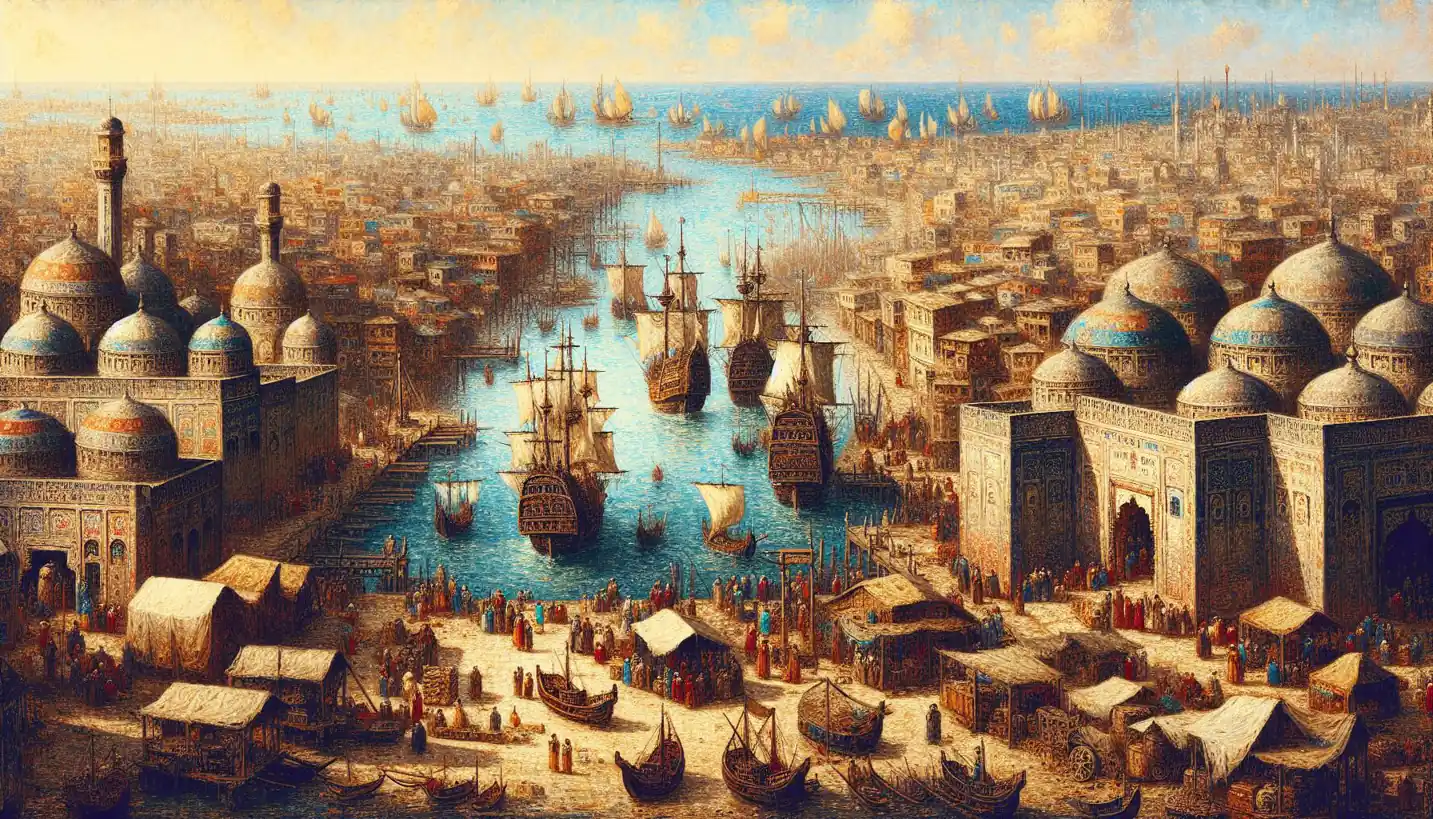· History · 4 min read
The English Civil War: A Turning Point in History
The English Civil War was a turning point in British history, fraught with battles and political upheaval. Delve into this dramatic era that changed the balance of power in England.

The English Civil War wasn’t just a struggle over political power. It was a transformative event that shook up English society and laid the groundwork for modern democracy. Let’s dive into this fascinating period and see how it all unfolded.
What Sparked the Conflict?
The stage was set in the 17th century. England was a place of tension between the monarchy, led by King Charles I, and Parliament, which represented the English people. The king believed he had divine rights and often ignored the calls for more parliamentary power. Imagine a tug-of-war, with both sides pulling hard, but no one ready to let go.
Charles I’s demands for money to fund his wars abroad didn’t help. He tried to raise taxes without Parliament’s consent, leading to major disputes. This clash between the king’s authority and the rights of Parliament sowed the seeds of rebellion.
The War Breaks Out
In 1642, this tension turned into an armed conflict known as the English Civil War. Picture England divided into two camps: the Royalists, who were loyal to Charles I, and the Parliamentarians, who wanted stronger parliamentary control. The towns and countryside saw constant battles as these two groups fought for control.
The Key Players
It’s not just about the kings and generals; there were fascinating characters on both sides. On one hand, you had Charles I, who truly believed in his divine right to rule. On the other, there was Oliver Cromwell, a fierce leader of the Parliamentarians who rose from being a farmer to leading an army.
Cromwell’s New Model Army, disciplined and determined, became a critical factor in tipping the scales. Imagine an underdog team with passion and strategy, going head-to-head against the establishment.
Major Battles
The war saw several defining moments. The Battle of Edgehill in 1642 was the first pitched battle and set the tone for a conflict that would last years. Later, the Battle of Marston Moor and Naseby were crucial victories for the Parliamentarians. These battles weren’t just about winning territory; they were about gaining momentum and belief.
The Trial of a King
The tide turned irreversibly against Charles, and in 1649, something unprecedented happened: a reigning monarch was put on trial. You can imagine the shockwaves this sent through society. King Charles I was found guilty of high treason and was executed. This was more than a political event; it was a moment that challenged the age-old idea of monarchy.
Life During the War
For the average person, the war was tough. Families were split by loyalties, and towns were often caught in the crossfire. The economy suffered, and the social fabric of the country was disrupted. Despite this turmoil, people found ways to adapt and survive, with many stories of resilience and spirit emerging from this period.
The Impact on Monarchy and Government
The aftermath of the English Civil War was profound. The monarchy was overthrown for a short time, and England became a republic under Oliver Cromwell’s rule, known as the Commonwealth. Although it didn’t last long, this experiment with a republic was crucial. It raised ideas about governance and questioned the unquestionable power of kings, planting seeds for future changes.
The Restoration and Beyond
In 1660, the monarchy was restored with Charles II, but things would never be the same again. Although the kings returned, the power dynamics had shifted. Parliament had tasted power and wasn’t about to relinquish it. The Restoration marked a return to monarchy, but with a new awareness of the people’s voice.
Enduring Legacy
The English Civil War had a lasting impact not just on England, but on the world. It was one of the first major steps towards the modern idea of democracy. Think of it as a ripple effect – the changes it brought influenced political thought and inspired future movements for freedom and rights.
Why It Still Matters
The English Civil War is more than just dates and battles. It’s a story of ordinary people caught in extraordinary times. The struggle for power, rights, and representation resonated down through history, leading to greater political awareness and change.
If you’ve ever wondered why governments balance powers today, or why there’s a system of checks and balances, some of the answers trace back to this pivotal moment in history. It’s a fascinating reminder of how past events shape the present, influencing the lives we lead today.
Curious about what might have been? The English Civil War poses intriguing questions about what could have happened differently. What if the outcome had been altered? How would it shape the world we live in now?
This period is a treasure trove of stories and lessons, encouraging us to think about governance, power, and the courage it takes to stand up for what you believe in. It’s a great history lesson packed with tales of bravery, conflict, and transformation, leaving us with much to ponder upon.



